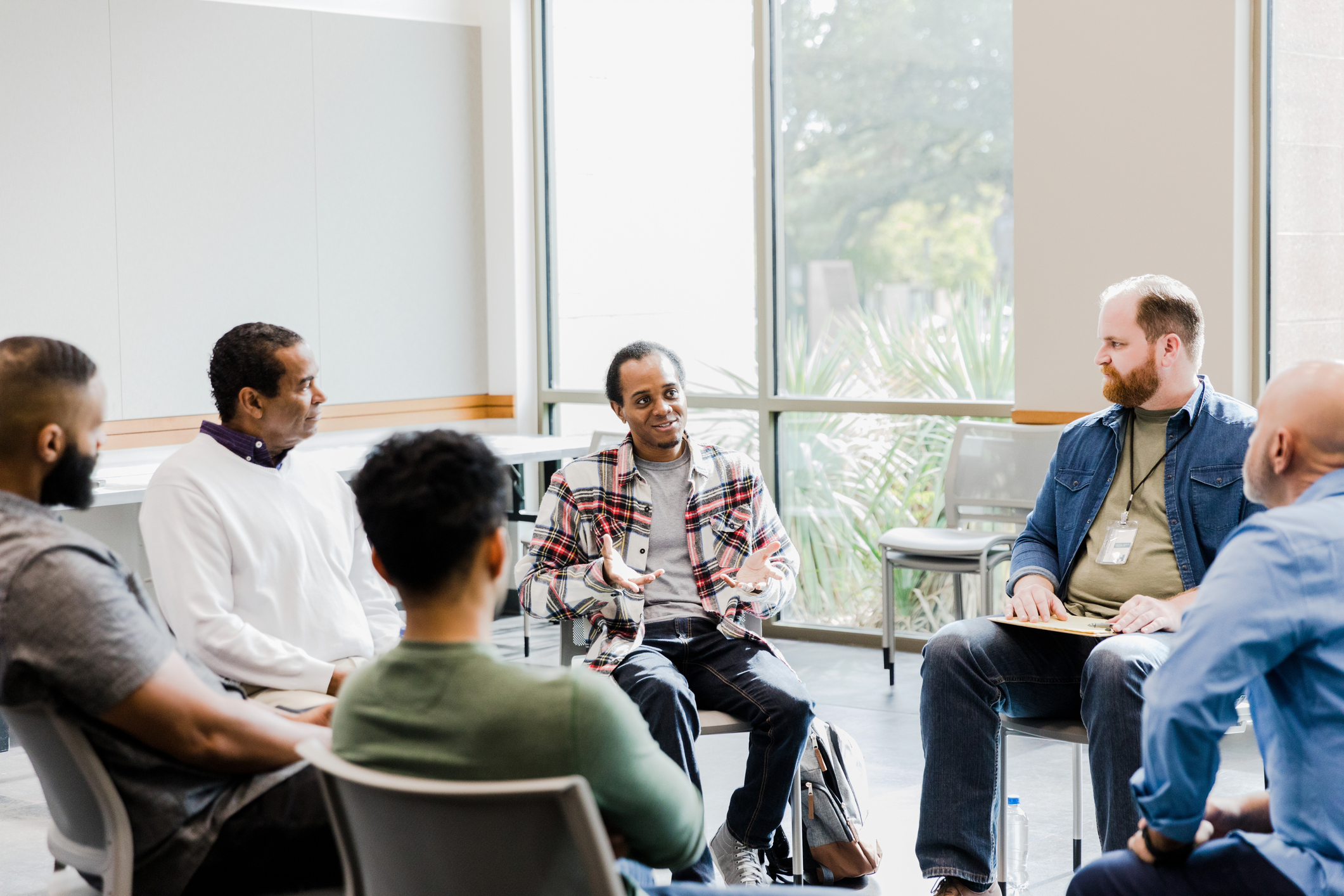
The Day Reporting Center (DRC), operated in partnership with the Florida Department of Corrections, supports justice-involved adults on felony probation in the 10th Judicial Circuit. The DRC helps participants overcome barriers to succeeding on community supervision and build the skills necessary for long-term success in the community.
This intensive, community-based program combines probation supervision with structured supportive services and treatment interventions designed to promote accountability, personal development, and public safety. Research shows that high-quality DRCs reduce incarceration and recidivism rates and offer cost-effective alternatives to incarceration.
The Day Reporting Center provides a structured, non-residential setting where participants receive daily support and guidance. Services include:
Participants are supported with close guidance and provided with the tools and resources necessary to thrive in community-based settings
Each client receives a comprehensive intake assessment that guides the creation of a personalized case management plan.
Tools include CINAS, TCU Battery, Medical History, and the Arizona Self-Sufficiency Matrix.
On-site outpatient assessments using the Criminal Justice Addiction Severity Index (CJ-ASI), individual and group treatment, and the “Living in Balance” curriculum
A present-focused, coping skills therapy to help people attain safety from trauma and/or substance use disorder.
Curriculum based on SAMHSA guidelines for individuals with mental health and substance use needs.
Includes “Thinking for a Change” to build decision-making and emotional regulation skills.
Topics include financial literacy, parenting, and personal development using evidence-based tools like Money Smart and Partners in Parenting.
Services include pre-employment training, job development, CareerScope assessments, and referrals to community partners.
Support for Adult Basic Education and TABE testing referrals.
Programming to support stronger family dynamics and relationships.
Regular case reviews, progress reports, and support planning for continued success after program completion.

✔ Evidence-based interventions
✔ Multidisciplinary staff collaboration
✔ Comprehensive, wraparound services
✔ Strong coordination with probation officers
✔ Ongoing accountability and progress monitoring